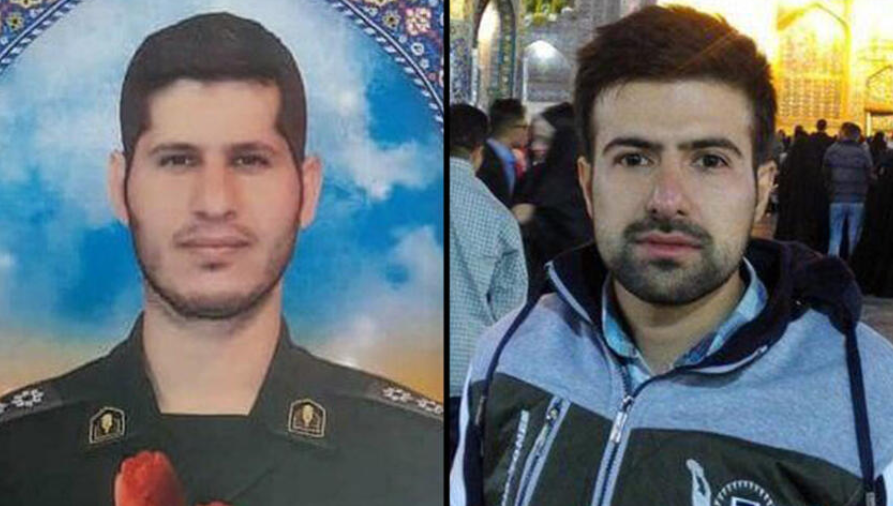Transit corridor linking Persian Gulf to the Black Sea
Published on Friday 23 July 2021 Back to articles
Iran has invested substantially in the transit sector over the past decade, in part because of its location as a hub connecting various regions and in part to focus on trade with immediately neighbouring countries. Expanding regional trade requires investment in transportation and transit infrastructure, and Tehran has ambitious goals in this regard.
One is a planned transit corridor to link the Persian Gulf and the Black Sea. The initiative would involve Iran, Azerbaijan, Armenia, Georgia, and Bulgaria. The principal idea is to connect the Persian Gulf ports, especially Bandar Abbas, to the Georgian Black Sea ports of Batumi and Poti.
The route from Iran to Georgia will pass through either the Azerbaijan or Armenia. Beyond Georgia, the goods will cross the Black Sea to reach the Bulgarian ports of Burgas and Varna. Further transit is also planned between Bulgaria and Greece in order to develop multiple routes within the European Union.
A fifth meeting of experts on the project took place on 19 April in Yerevan, Armenia. Previous meetings have been held in Tehran (2016 and 2019), Sofia (2017), and Tbilisi (2018). On 24 May the Roads and Urban Development Minister Mohammad Eslami visited Armenia to underline Iran’s commitment to the project.
Similar to the International North–South Transport Corridor (INSTC) that Tehran has pursued to connect Chabahar port to Central Asian markets, the Persian Gulf–Black Sea corridor has strategic importance.
Trade with immediate neighbours is more sustainable and less vulnerable to sanctions and external pressure. The growing trade volume between Iran and the Eurasian Economic Union (EEU) justifies efforts to facilitate transportation between Iran and the Eurasian region, including Armenia and Georgia.
An expansion of transit routes between Iran and the Black Sea would also reduce Iran’s current dependence on Turkey. Especially during times when shipping lines were sanctioned, Iranian imports from Europe were almost entirely dependent on transit routes through Turkey. Although Tehran enjoys good relations with Ankara, the two countries have many conflicts of interest.
Tehran is consciously developing its overall transit potential in order to make its trade and economy less vulnerable to external pressure. Investing in the Persian Gulf–Black Sea corridor and the INSTC, and also playing an active role in China’s Belt and Road Initiative, is part of a strategy of integrating the country in the global flow of goods and services.
Furthermore, Iran is the natural link between two important oil and gas hubs: the Persian Gulf and the Caspian Sea. With adequate transit infrastructure, it is well position to benefit from emerging opportunities.
In tandem with transportation infrastructure investment, Tehran is studying potential telecommunication investments, such as fibre optic connections within the region. Improved telecommunication capacity would give Iran a stronger position within international communication networks.
Iran Strategic Focus – July 2021 – contents
Commentary: Squaring the circle: Why have the Vienna talks stalled?
Politics & society
A new judiciary head
Who’s meeting in Iraq?
Cyberattacks on Iranian targets
Limitations on independent lawyers
Restricting internet and social media
Diminishing population growth
COVID-19 update
Special feature: Khuzestan protests
Profile: Raisi’s cabinet?
Economy & energy
Economic outlook
Transit corridor to the Black Sea
Finance in brief
South Pars doubles production
Goreh–Jask pipeline



